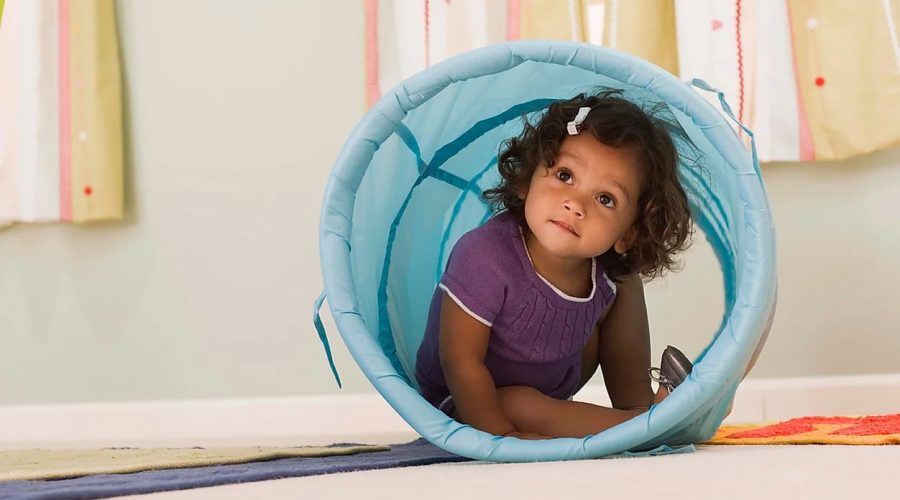The amount of unpaid work being performed by Australian women just went through the roof.
As warned in the March quarter Financy Women’s Index, the amount of time spent on unpaid work such as indoor our outdoor house duties and caring for children (homeschooling) or loved one, was at risk of increasing because of the pandemic.
The latest ABS Household Impacts of COVID-19 Survey shows that women were almost three times as likely as men to look after children full-time on their own due to the effects of COVID-19 between the 12th and 15th of May 2020.
The survey also found that one in eight Australian adults (13 per cent) provided unpaid care to a vulnerable person outside their household because of COVID-19. Around three in five people provided this care on at least a weekly basis (61 per cent).
Meanwhile another study currently being conducted by the University of Melbourne has also found that women living in households with children are doing double the amount of unpaid work to men.
Unpaid work is considered one of the biggest barriers to increasing the number of women in the paid workforce.
History tells us that in periods of higher male unemployment, the gap between the genders in unpaid work has narrowed.
However, the tricky thing with the current environment is we have never been here before and in past periods of higher male unemployment, there weren’t the social restrictions in place or periods of home-schooling.
Since the start of the COVID-19 outbreak in Australia and the government shut downs, female unemployment has been rising at a faster pace than male during the March quarter.
What we do know is that the amount of time spent doing tasks such as caring for children, home-schooling (even temporarily), running household errands and outdoor tasks, can limit a person’s ability to participate in the paid workforce.
For women, the amount of time spent on this type of work where it relates to caring for children, is often cited as being a major obstacle to financial progress and it can hinder long-term financial security.
Roger Wilkins co-author of the HILDA Survey, expects that women are likely to find themselves doing more unpaid work as a result of COVID-19 due to their tendency to be the primary carers of children.
That said, he notes that men too are also likely to be doing more than ever before, particularly those who are working from home or have lost their jobs.
He said self-containment measures and the limitations in place on what else people can do outside of their homes, make it almost a certainty that unpaid work hours will increase for both genders.
“If female employment recovers more slowly than male employment, that would tend to widen the unpaid work gap. On the other hand, if men get more involved in home life during the shutdown, new habits may form that persist beyond the shutdown,” said Mr Wilkins.













